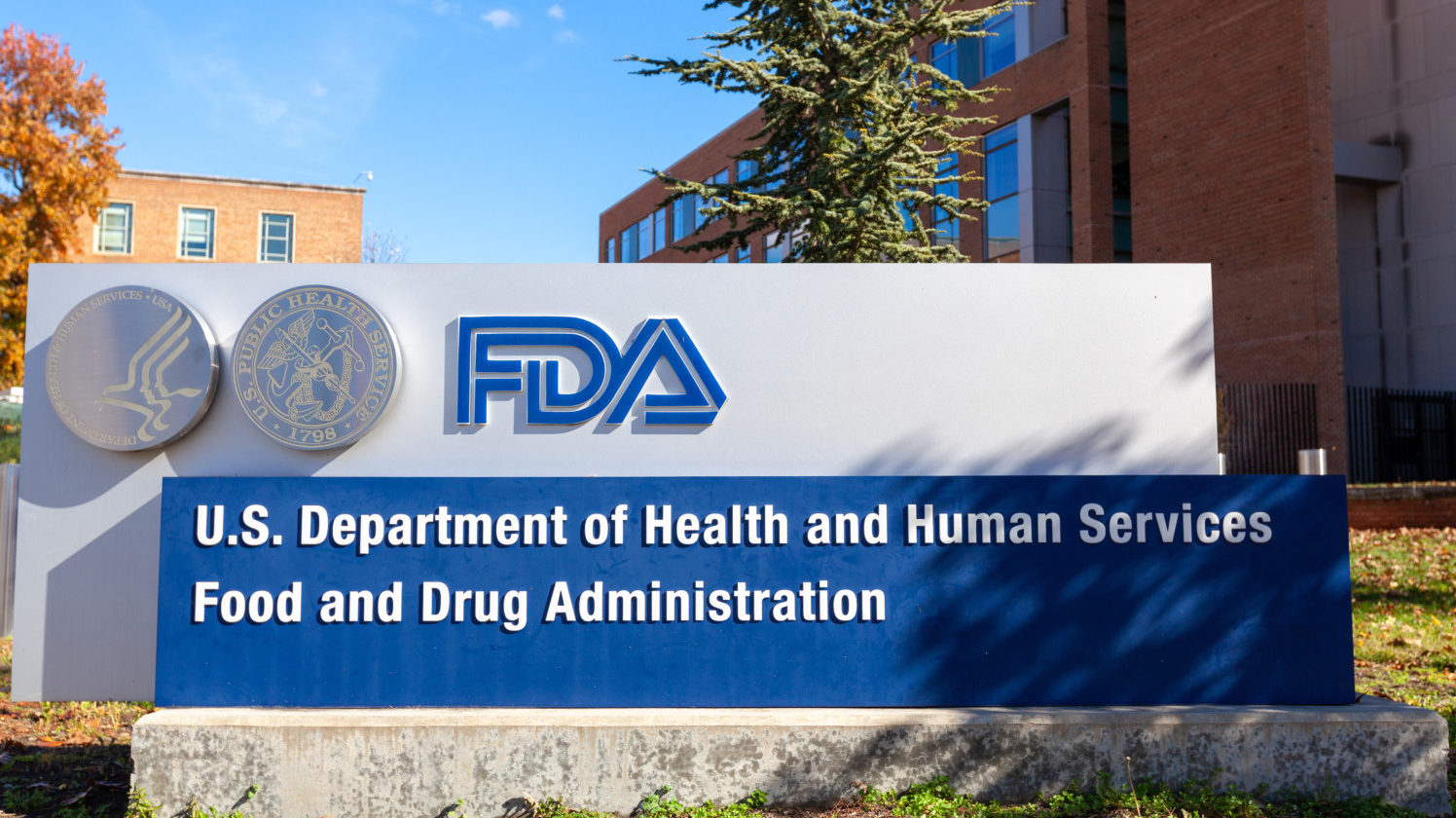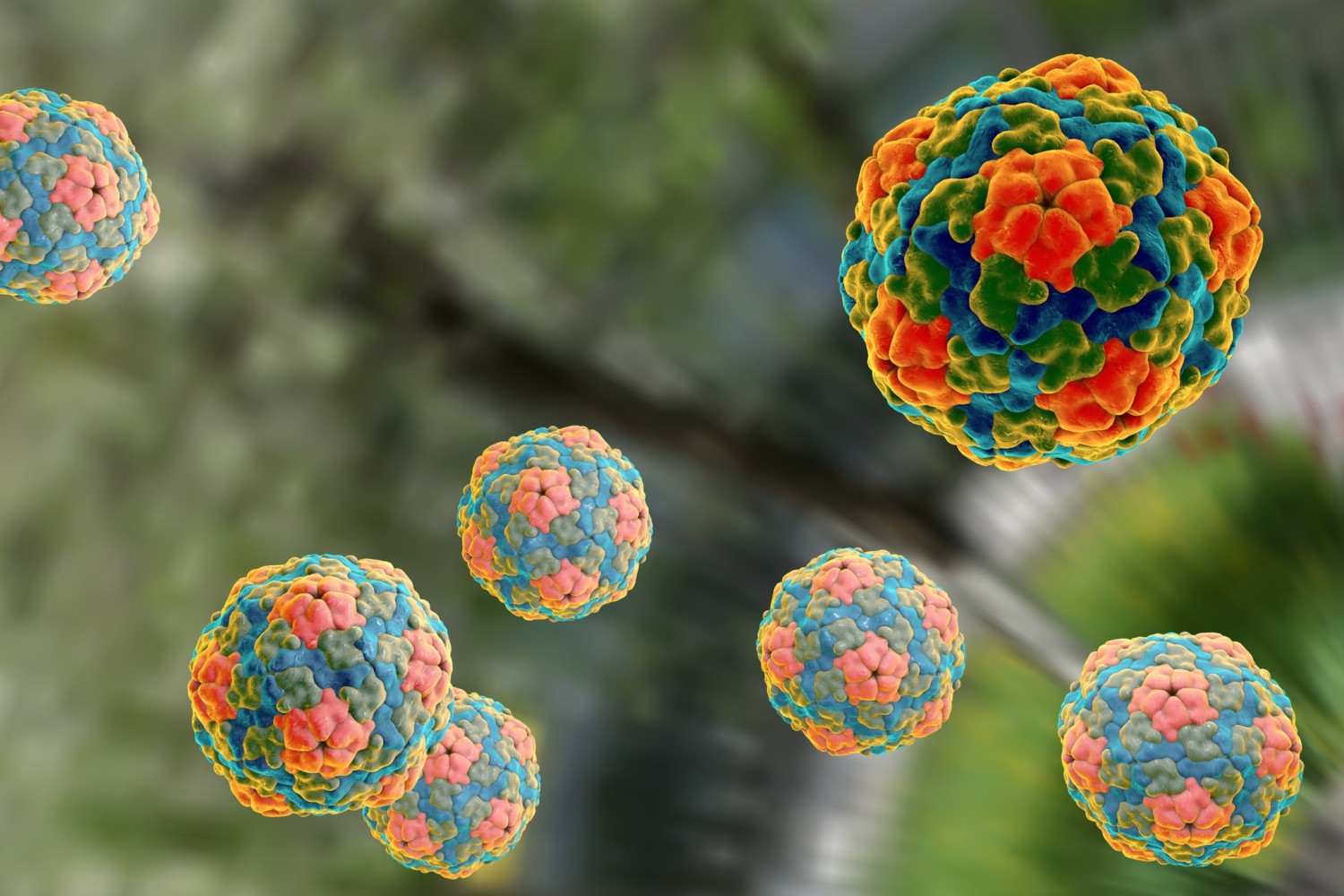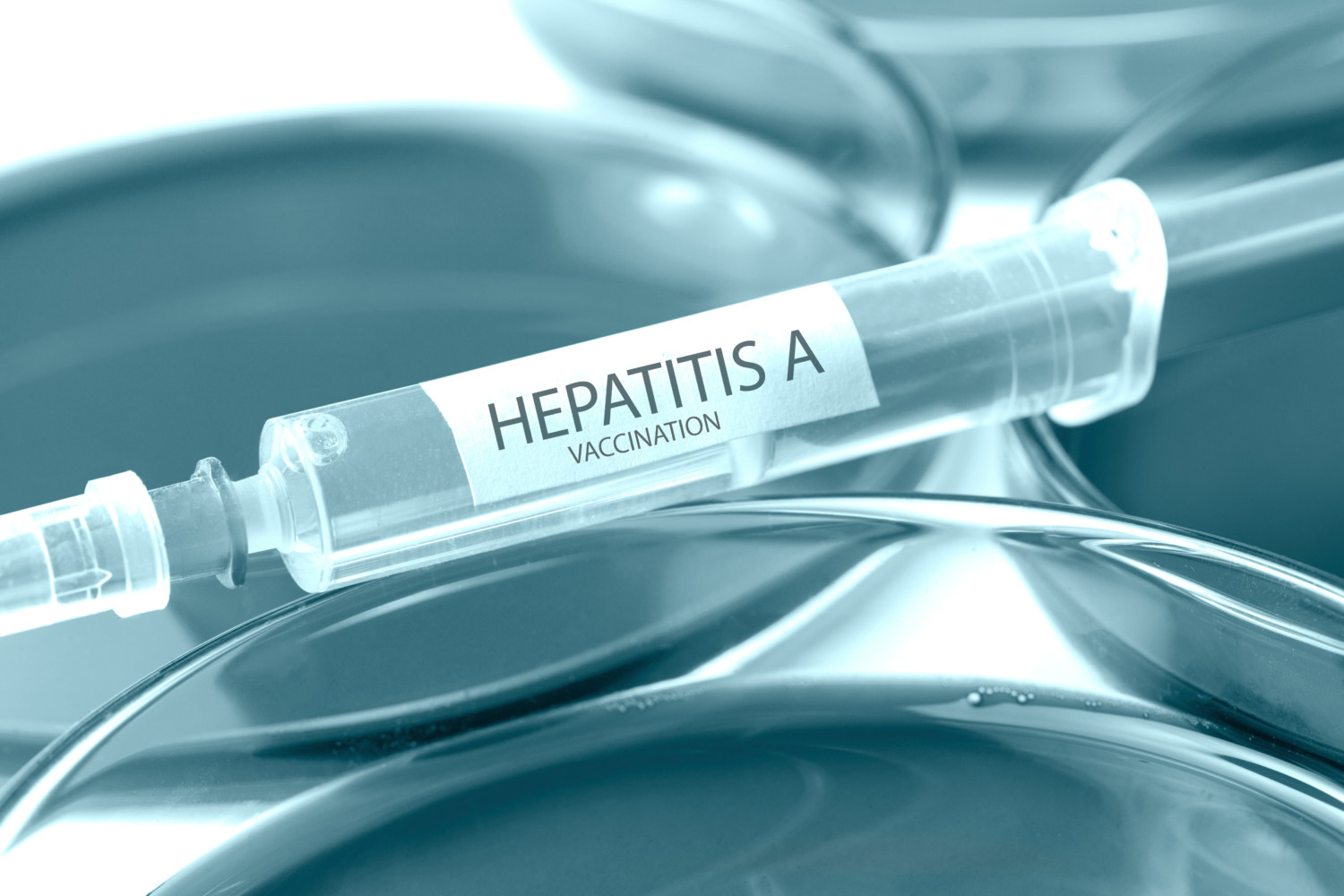With summer finally here, it’s the season for picking and eating fresh fruit, especially strawberries, which are in peak ripeness right now. However, the Food and Drug Administration and the Centers for Disease Control and Prevention recently issued warnings about a possible outbreak of hepatitis A that’s being investigated by both agencies.
“The FDA, along with CDC, the Public Health Agency of Canada and the Canadian Food Inspection Agency, state, and local partners are investigating a multistate outbreak of hepatitis A infections in the United States and Canada potentially linked to fresh organic strawberries branded as FreshKampo and H-E-B, purchased between March 5, 2022, and April 25, 2022,” according to the FDA’s website.

The FDA advisory states that 17 people have been diagnosed with hepatitis A so far, with 12 of them requiring hospitalization.
The potentially affected strawberries may already be past their normal shelf life, but since consumers can freeze and use the fruit later on, the FDA and CDC are still warning people about the potential contamination of FreshKampo and H-E-B strawberries sold at the following locations in March and April:
- Aldi
- H-E-B
- Kroger
- Safeway
- Sprouts Farmers Market
- Trader Joe’s
- Walmart
- Weis Markets
- WinCo Foods
What is Hepatitis A?
We don’t often hear about hepatitis A when it comes to food recalls, but it’s important to know the details about this infection to help prevent its spread and get the proper treatment quickly, if necessary. Hepatitis, no matter which type, is defined simply as an inflammation of the liver. Hepatitis A is typically a milder form of the virus.
Hepatitis A spreads mostly through contaminated food and water, according to the Mayo Clinic. This happens when the food and water come into close contact with fecal matter, typically due to poor hand hygiene from food workers. The virus can also be spread from person to person since the infection is highly contagious.

Most people who contract the virus may only have a mild course of hepatitis A and not experience any sort of long-term liver damage. However, for some high-risk patients, including the elderly and patients with chronic liver disease, Hepatitis A can lead to liver failure and death. That is why it is important to understand hepatitis A symptoms and to get a quick, accurate diagnosis.
Hepatitis A Symptoms: What To Look For
According to the CDC, hepatitis A symptoms usually appear anywhere from two to seven weeks after exposure. They include:
- Yellow skin or eyes
- Not wanting to eat
- Upset stomach
- Throwing up
- Stomach pain
- Fever
- Dark urine or light-colored stools
- Diarrhea
- Joint pain
- Feeling tired
Based on these guidelines, anyone who ate the potentially contaminated strawberries would likely get sick somewhere between March 19 and June 13, depending on when they ate them. So, the window to be aware of hepatitis A symptoms still has not closed as of publication time. That means you may not be clear of the chance of coming down with hepatitis A.

Of course, if you haven’t consumed these strawberries, simply throw them out and you are not at risk of getting sick from them. Even if you’ve kept the strawberries frozen you should throw them away, as the hepatitis A virus can even survive freezing temperatures.
What To Do If You Have Hepatitis A Symptoms
If you have been exposed to hepatitis A and show the symptoms above, you need to contact your doctor and/or your local health department as soon as you can, according to the CDC. Once you get to see your doctor, they will run a blood test to confirm the infection diagnosis. Typically, health professionals want to see a patient within two weeks of viral exposure.
The two-week window is important because doctors can help treat hepatitis A with a single dose of the viral vaccine. But treatment only works within the first two weeks of exposure/infection.

How To Avoid Hepatitis A
In addition to receiving the vaccine for hepatitis A, protecting yourself from the virus centers around good general hygiene. Make sure you wash your hands regularly to prevent any sort of contamination while using the restroom, changing a diaper or even walking your pets. When doing food preparation, wash and peel all of your fresh fruits and vegetables to ensure they are totally clean and ready to eat.
These simple steps can help reduce your risk of contracting hepatitis A and other highly contagious viruses that exist in and around us on a daily basis.
This story originally appeared on Simplemost. Checkout Simplemost for additional stories.


